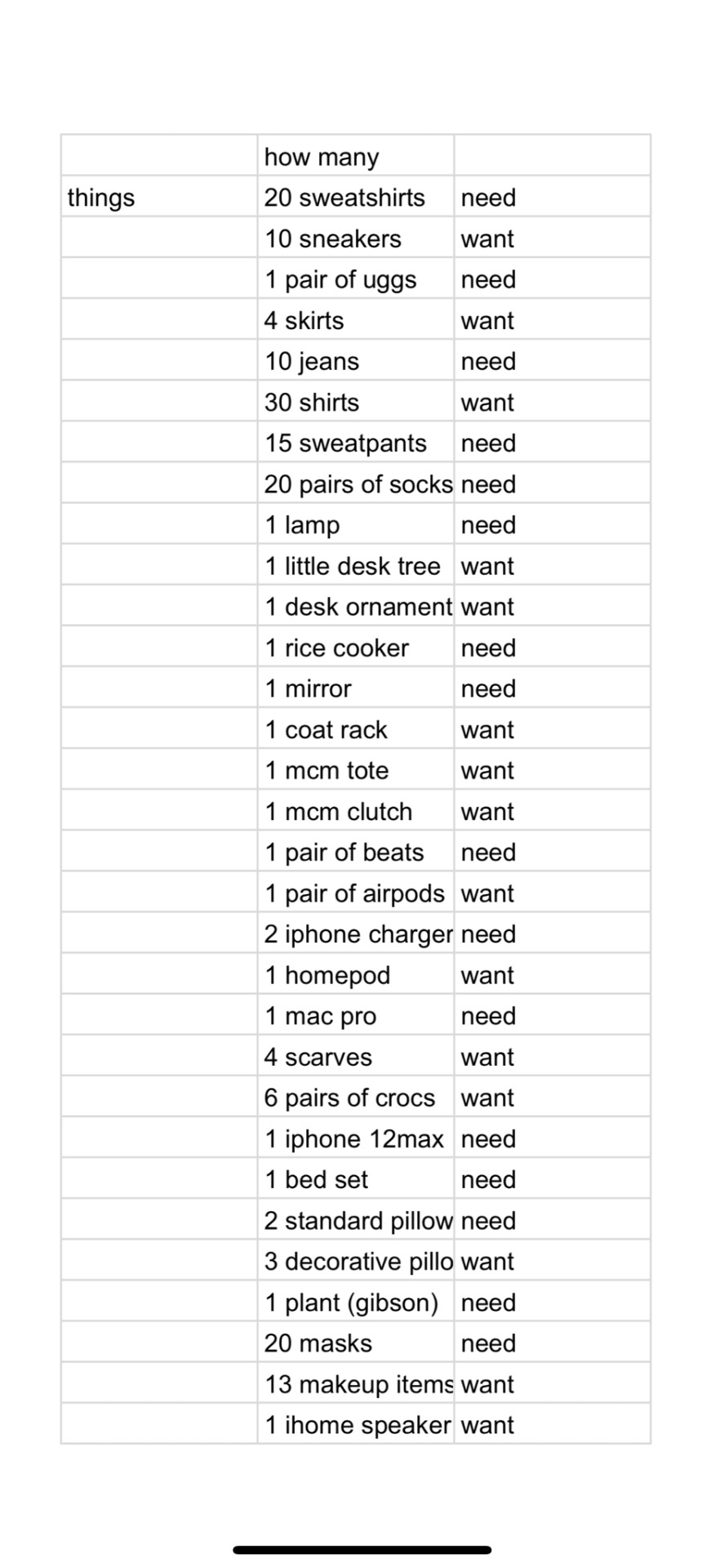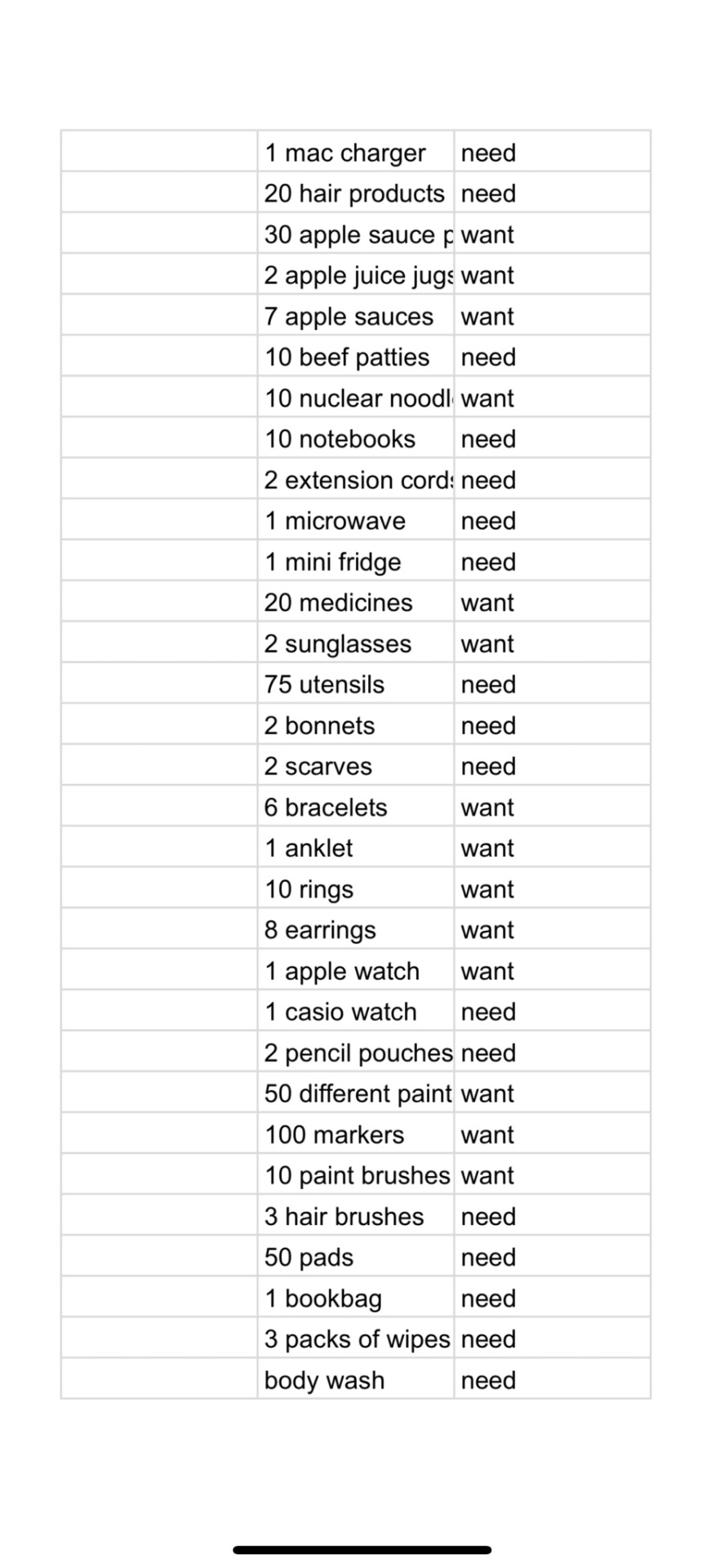Text
MIGRATION: THE BRIDGES AND BARRIERS
Ch. 13 Who Are Today’s Migrants?
In this segment, we will be revisiting a topic mentioned before: immigration. We will be talking about the overall experiences as well as aids or hindrances that guided them to where they are.
Before we get into today's vlog, I would like to give some background information on the interviewee: 18, Male, Tom (alias)
Now, lets get into the nitty gritty!
Tom is a male and just turned 18. Tom was born in Ireland but lived and was raised in Nigeria. At 14, Tom's parents told him the whole family was going to relocate to Canada and gave them a week to get ready. Tom expressed to me that there were different options but due to no one else in the family having citizenship Ireland, Canada was the best option. I did ask him what all the options were in which he told me The United States, Canada, and Ireland. I asked why not the United States as Canada and the U.S. are neighboring countries and he said it was due to the gun violence. Upon arriving, The family stayed in a hotel with the help of immigration agents. When asked about where these immigration agents were found, he stated that he didn't know. I was extremely curious about these agents just due to the fact that many other stories I hear about immigration bridges are through family friends or family members that were aware of your arrival and put things together. The immigration agents also assisted in finding a "used cheap cars" and "reliable" housing for low cost.
PUSHES AND PULLS
When talking about what made his parents want to leave Nigeria, he told me the topmost reasons he knows of were as follows: No work, "Worthless Degrees", and "Bad Economy". Now, I know some of you may be taken aback at "worthless degrees", just as I was, but he told me that in Nigeria although you get a degree to become, let's say a doctor, you may be able to work but to other countries, you won't be taken seriously even with a Ph.D. Think of it as how many may view going to an ivy league school vs. an unknown school (college), more than likely, the person with the ivy league school would be more intriguing. For his parents, this was an extremely big push. In terms of pulls, education and jobs also doubled as factors. His parents wanted to be in a proper setting to receive well-accredited degrees and higher-paying jobs.
BRIDGES AND BARRIERS
As mentioned before, the immigration agents were massive bridges in helping Tom's family quickly get the thing they needed to start their lives off and begin to lay a foundation. Another bridge was the "Nigerian connections" Tom's parents knew and were introduced to. Tom listed these people as being friendly, honest, and imformative about how the process was going to or could end up being. They gave them information about the area and culture. On the other hand, some barriers faced were adjusting to the new culture and accents. Although Tom was raisied in Nigeria, his native and old language is English. Although Tom spoke English, adjusting his words, tone, and body language as well as "filler sounds" as I like to call them. Tom recounted to me that on many occasions people could not understand what he was saying due to the different accents. He also mentioned things Nigerians may do such as sucking teeth and touching their necks during conversation was not something the average Canadian did and thus he drew back the presence of that in his everyday language to assimilate to the Canadian way of talk.
Although he has lived in Canada for the past 4 years, he is not yet a citizen. He has recently just applied for citizenship. When asked about citizenship process, he stated that the process is “strict but not very strict” and “definitely stricter than the U.S.”. The citizenship process takes 3 years.
REFLECTION
My reflection is that immigration is extremely dangerous to culture. Even though it wasn’t a massive focus in this post, the thought of having to change my speech and body language to fit in is scary. Especially when people can tell you’re not one of them. I feel as though these hinderances turn threats in this new age where community isn’t prevalent enough to keep culture alive. I also think the citizenship process is a bit dumb just due to the fact that he’s been living there for 4 years under a visa but must wait an additional 3 to gain citizenship, it’s an extremely long process that doesn’t guarantee the approval and for some (many) puts them at risk for deportation. Immigration is uncertain and scary, it takes massive amounts of patience, hope, and sometimes money.
1 note
·
View note
Text
SOCIAL CLASS... AND THEIR SOCIAL TRUTHS?
Ch. 10 How Does the News Media Cover Social Class and Inequality?
Today, we will be examinig 3 seperate articles: one that illustrate Karl Marx’s theory of social class, one that illustrates Max Weber’s theory of social class, and one that illustrates Pierre Bourdieu’s theory of social class.
As a handy reminder, I would like to include a summary of each theory.
Karl Marx: There are only two social classes: the bourgeoisie also known as the capitalist class. These people are basically the bosses and owners of any means of production. The second class is the proletariat also known as the working class. As the name reads, this class of people do all the labor and solely rely on the work they do due to owning no land, no material, and "no capital". With any surplus in labor leads to surplus in capital which provides livlihood to the laborers.
Max Weber: Adding onto the Marx theory, Weber belived: Things such as "power and prestige" are also considerably important when it comes to assesing someone's position in society noting that "reputation, influence, and deference" were provided to said people in power due to their "membership" within certain social circles". Weber believed that people of the same social class shared the same "life chances" and potential to experience the same opportunities but also believe it is not solely by coincidence but controlled in partiality by the state.
Pierre Bourdieu: You are in charge of your own social standing.
WHEW! That was a lot right? Now, time to get into the articles (the nitty gritty)
Article One: Karl Marx https://apple.news/AsPldjiKCQAK0Hkj6iVd7Jg By: Chloe Nield
Written April 14th, 2022, Yale News reports on "infastructure inequality" and how that "prevents sistainable urbanization. The article starts off analysing the infrastuctures within "South Africa and India" and how their distribution matches to their "high levels of urbanization and socioeconimic disparities". I believe this fits perfectly with the theory of Karl Marx immediately with examples such as India especially where the social class consist of a massive working class to capitalist class ratio with very little representation of any in between. The article then goes on to study many necessitate things such as "tap water, sanitation, housing, and electricity." as well as light polution due to the fact that many high level infrastructured areas have lights (street lights, house lights, building lights, etc.). The article goes on to say that in areas that lack those basic necessities are subject to bias which then causes a lack of attention to those areas. The author quotes with a comparioson to a cup scenario whereas one cup is completely full and all other cups are empty, in order to fill those other cups, the full cup would have to fill each with a small amount rather than taking "much longer" to fill all the other cups completely. To me, this SCREAMS Marx and his idea that without putting in, you get nothing but in the sense that the people can only rely on the bigger cup to empty out and fill their own cups from its own rather than just filling the cups up with their own water. This is referencing that the laborers only get their capital from the capitalists.
Article Two: Max Weber https://apple.news/Au-T1nWEkQcGULaygNNTrqg By: Sarah Li-Cain
Written March 8th, 2022, Fox News (no affiliation to Fox News OR their belief, political pushes and or motives) reports on FAFSA and if there may be any income caps to it. For those who may not know, FAFSA also known as The Free Application for Federal Student Aid, is a form filled out by students looking to further their education (can apply to different forms such as college, university, cosmetology school, etc.). This form is to notify to school on your household information such as household income, household dependents, tax returns, etc. and as a colletcives "helps determine whether you qualify for federal financial aid". According to the article "there are no FAFSA income limits" and fafsa offers a wide variety of options such as: Grants, Scholarships, Work-Study Programs, Need-Based aid, and Merit-Based aid. Fafsa also offers loans but, personally, from one person with no money to another (and anyone else reading) what on God's green volumtuous Earth do I look like taking a loan out? When I don't got no money? Don't make no sense. Not one bit. That's how they get ya'. Anyways, this relates extremely well to Max Weber because although FAFSA apparently does not have an income cap, many students whose parents may make a certain amount as a household get less and or are not even granted anything but the promise of a loan. Let's say both of my parents report to make 50k each. That puts our household at 100k which shows to the Gov. that, according to the Washington Post https://www.washingtonpost.com/news/wonk/wp/2017/10/25/is-100000-middle-class-in-america/ we stand to be middle class, even pushing upper middle class. But I have 3 siblings and hospital bills my parents are paying off PLUS any student loan debt and 2 seperate car notes. I'm no mathmetician but the average cost per year for colleges across The U.S. can range from 27-35 THOUSAND dollars https://www.businessinsider.com/personal-finance/average-college-tuition and that's already 70% of one parents salary (somebody play that lawn chair clip from Friday cause same). This is all not to mention middle class starts at 53k. You MIGHT be able to afford a home making 50k https://themortgagereports.com/22502/how-to-buy-a-home-50000-per-year-income but that's if the homes range from 180,000-300,000 and unfortunately for you, currently, single family homes in The U.S. average to be 363,800 (as of FEB 2022 https://fred.stlouisfed.org/series/HSFMEDUSM052N). So really, you CAN'T afford a home unless your conditions are right. These are all perfect examples of people in their set classes being open to some of the same oportunities but the state holding power in how there opportunities may go.
Article Three: Pierre Bourdieu
1 note
·
View note
Text
THEIR HOME, MY LAND
Ch. 6 Ethnicity and Nationalism
In this week's fieldwork, we examine "the relationship of ethnicity to the nation" and will be thinking of things like our family's history and relationship to both ethnicity and nationality.
In this post, I wanted to stick more towards the original Canvas assignment and flow my blog post by the order of the questions. Some of the questions posed in the prompt are as follows:
HOW LONG HAS YOUR FAMILY LIVED IN THIS COUNTRY (THE UNITED STATES)? For starters, both of my parents are imigrants. So really, I am the first generation to be born in The U.S.. With that being said, my parents also came at different times. My dad arrived in 1990 and my mom arrived in 1995. My dad arrived at the age of 12 from The Dominican Republic (against his will as he loves to add becasue he did not want to leave and loved(s) his county). My mom, on the other hand, arrived MUCH later (not really but in terms of age difference, definitely) at the age of 16 and according to her, she didn't really think much of it (my mother is not so much of a passionate woman). Since they met in the 90's, I'll say my family has been here for about 25 years.
WHERE DID THEY COME FROM? My dad is from Santo Domingo, Dominican Republic and says he is a city boy so he is also from the city. My mom is from Lagos, Nigeria. I would like to add that it is very odd and strange and like extremely sick and FUNNY that my parents are BOTH from extremely large cities but would rather live in a suburb (mom) or villa (dad), so odd.
HAS YOUR FAMILY EMBRACED AMERICAN NATIONALISM? I personally would like to say, in their youth and of most of their parenthood, yes. They very much embraced American Nationalism. I mean for crying out loud, my name is literally Jennifer. Now on the other hand my middle name is in my mother's native language (Yoruba) and my last name is pronounced in a french sounding manner BUT due to a lack of the accent mark on all my documents, my name looks fairly unethnic. When I've brought this up (yes I brought it up. I want a cute, spicy, BRANDABLE name *rolls eyes*), my mom has slipped some talk on my name being "normal". Another sign I would like to point out is that I not only do not know spanish or yoruba but I also am really not familiar at all with the cuture. I honestly have no idea what Dominicans do and have very little knowledge on Yoruba people. I try to research as much as I can but I'm looking in from the outside and I'm really 2 doors down to be honest because my parents don't practice and homeland traditions at home like ever. Now with all this being said, they will always say their home country before America but always say their American. Example:
Question: Hello where are you from?
Answer: I am said nationality that is not American
But they will not deny and sometimes mention thier American nationality.
IF SOME OF YOUR FAMILY HAVE MIGRATED FROM OTHER PARTS OF THE WORLD, HOW DO THEY INTERGRATE THEIR AMERICAN IDENTITY WITH THEIR ETHNIC IDENTITY? I'm gonna be very real; I do not know any family besides my grandparents, my moms uncle, his wife, their child, and both my parents' siblings and I must add: all together, I have 8 aunties and uncles (not per gender) and I am the oldest cousin. I hope as y’all read this, y’all cryin' with me because girl? It's sad. Now, with all that being said, I don't know that ANY of my family has left America to go to another country especially because my dad is a twin and that's his only sibling and that about cuts it at people I know on my daddy's side.
MY OWN THOUGHTS AND IDEAS ABOUT MY FAMILY ETHNICITY AND NATIONALITY AND WHAT I'D LIKE TO DO ABOUT IT WHEN I HAVE MY OWN FAMILY.
Although my parents are from different places, I do not identify with these places. When people ask me (usually because of my last name or teachers see my middle name, I say "my parents are from". I do sometimes get wierd looks or people correct me and say "you're from there too" or things like that and it honestly doesn't resonate with me. It's hard to want to be apart of something so bad but feel shunned from it, like an outsider. I feel like Mirabel from Encanto.
Now, In terms of what I hope to accomplish in my own home, should I ever become a parent, I hope for a a gigantic family both immediate and extended but especially in home. Big families promote big traditions (my dream). I hope that as I keep extrending into my adulthood I can continue to uncover what both my parents may have done as traditions or what is normal in their home countires so I can at least shimmer some of that to my children. I also intend to hyphenate my last name and pass it to my children as my last name is a big piece (of the small, tiny piece) of culture I have and I'd love to keep it alive if just for one more generation.
I hope you've enjoyed this blog, I hope to write more!
4 notes
·
View notes
Text
WANT OR NEED
Ch. 2 The Culture of Consumerism
As a Human, at least in this society, you come across consumer culture also known as CONSUMERISM. In consumer culture, we are faced with the many goodies of the world in which we have to decide, when we buy, what we WANT or NEED. Usually, people don't realize just HOW much stuff they have , I certainly didn't. Here's a list of my dorm and all the things I have in my dorm organized by just how much I have and if it is a want or a need:





0 notes
Text
🎶In this very moment I’m king,
🎶In this very moment I slay Goliath with the sling,
🎶This very moment I being put it on everything that I will retire with the ring
-moment 4 life x nicki minaj
youtube
0 notes
Text
CUTE PRODUCT, CRIMINAL PRODUCTION
CH.1 What is Globalization, and Why is it Important for Anthropology?
1. my item: an EVA zipper avocado pencil pouch

2. what is the history of the item?
the pencil pouch was first invented in Germany by a pencil manufacturer, Lothar Van Faber who was also a pencil maker “around 1880″. there is also a note of the first PATENT granted in 1946 which was in the united states by Verona Pearl Amoth.
3. what impact does the item have on your life?
having a pencil pouch makes carrying my writing utensils really easy and because it is so very cute it makes writing and completing tasks way easier than having maybe a plain pencil pouch
4. who are the people directly involved with making or manufacturing this item? what is life like for them?
the tag in my pencil pouch tells me it was made in china. although i was unable to find EXACTLY where my pencil pouch was made, according to the next, a factory worker in china “may work over sixteen hours.”. These same workers are also subjected to a 55 cent pay or in some cases go unpaid. These workers also work in unsafe conditions while also being “untrained and or working on old, antiquated equipment.”. Some workers are also underaged as young as elementary-aged students. Workers experience “bruising, rashes and blisters caused by the overheated machinery and caustic substances.”.
sources:
- https://www.paperstone.co.uk/News/2015/britons-love-pencil-cases#:~:text=But%20the%20first%20pencil%20case,his%20pencils%20were%20beautifully%20displayed.
- https://ourpastimes.com/history-pencil-case-7451850.html
- https://woman.thenest.com/life-chinese-factory-worker-9239.html
1 note
·
View note
Text
My brother cracked my rib one morning and gave me half of his orange in the evening.
I remember being younger and sometimes wishing to be a single child, to have all the attention and gifts and time but when he was away from home for the first time, I remember crying and stroking his side of the sofa as if blurting out my first wish- for him to be home, without thinking twice, without a shadow of doubt. Even the genie cried. Growing up with a sibling is like being the only people on a stranded boat, constantly figuring out how you can live with them and questioning how you could ever live without them.
One evening, in a fit of anger, I told him how I never wanted him to be my brother and he yelled that he didn't ask for it either. The air smelled like kerosene and my chest was filled with arsenic. I was raging and threw his favorite toy aeroplane down the window, 7 stories of guilt and shame. He cried all night and I wanted to cut off my right hand, the hand that hurt my baby brother. I didn't know if he was ever going to forgive me or even talk to me. The next morning at breakfast, he didn't look at me or say a word, I felt like my chest was about to explode and guilt clouded my vision. But then, I felt a hand quietly holding half of an orange my way.
The only people on a stranded boat. How do you live with them? How could you ever live without them?
-Ritika Jyala, excerpt from The world is a sphere of ice and our hands are made of fire
30K notes
·
View notes
Photo

Production Facility of the Company “Leitz” (1961-70) in Uelzen, Germany, by Georg Heinrichs & Hans Christian Müller
250 notes
·
View notes



